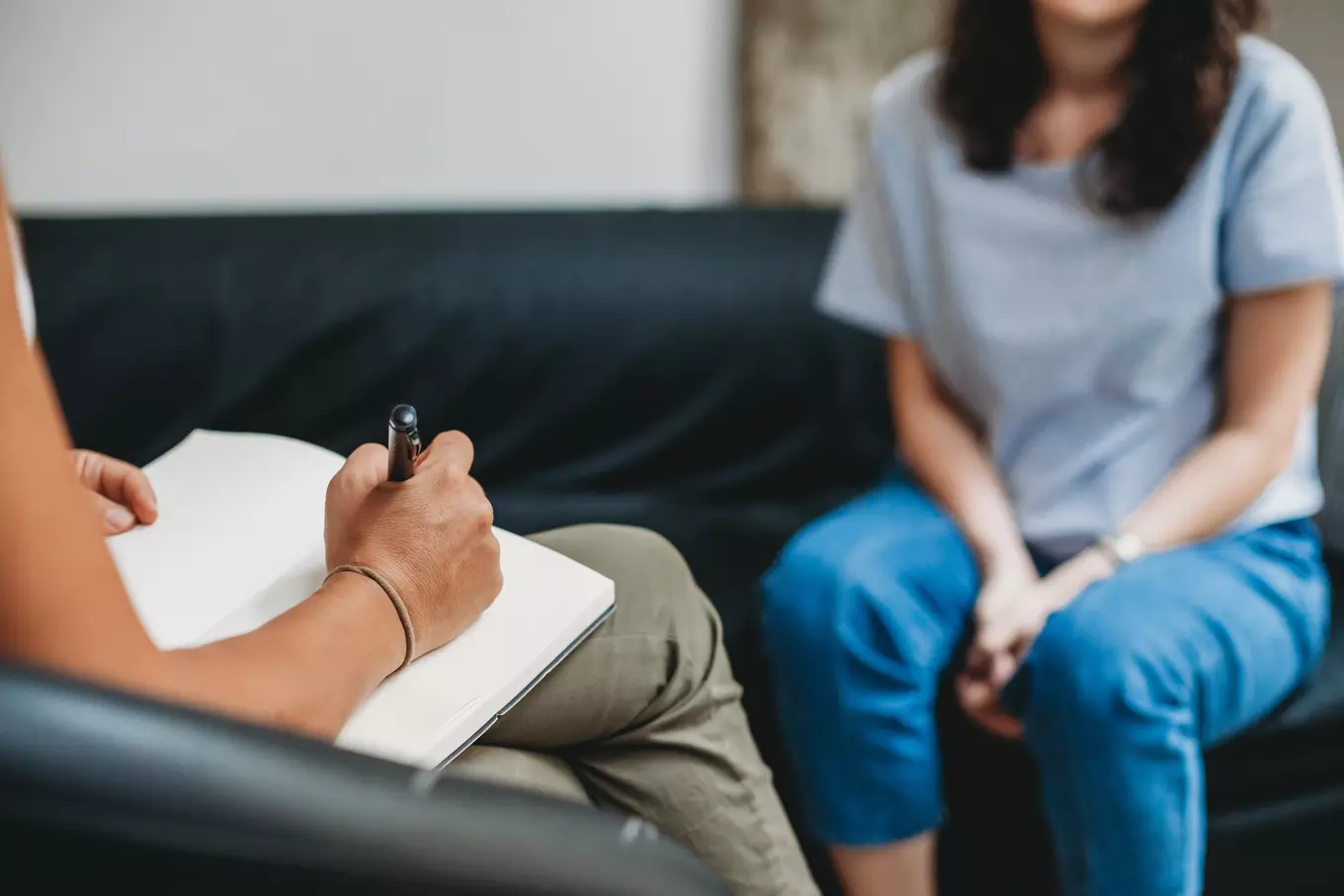

Go Slow
About Go Slow
The Go Slow campaign helps people stay safe when using drugs. It was made by Bmore POWER with support from others. The goal is to prevent overdose and keep people healthy.
Harm Reduction Tips
Don’t become a statistic. Take action to protect yourself from overdose.
- Carry Naloxone
Get naloxone at any pharmacy in Maryland. - Go Slow
Start with a very small amount to see how strong it is. - Never use alone
Use with a friend in case you need help. Let someone know you’re using, so they can help if something goes wrong. - If you use alone, have someone check on you.
- Talk to friends and family and share what to do if you overdose.
- Test for fentanyl. Fentanyl is dangerous; be cautious if you're using drugs.
What does this mean?
Go Slow
If you use drugs, be careful to avoid overdosing. Start with a very small amount to test how strong it is. Don’t rush it. You can always take more, but you can never take less. If injecting drugs, do a little bit first and wait 20 seconds to see how strong it is. If it feels off, consider not using it or using it less than planned. Always have naloxone with you.
If you use heroin, pills or other drugs in Maryland, there’s a good chance you’re using fentanyl. Fentanyl has caused a huge spike in overdose deaths. Fentanyl acts FAST. Be careful.
National Resources
Number of Fentanyl Related Deaths in Maryland, 2007-2018
Maryland's Good Samaritan Law
Don’t hesitate to call 911 if you witness an overdose. In Maryland, the Good Samaritan Law protects those who call emergency services when someone overdosing:
If You See Someone Overdosing, Don’t Run, Call 911
- You won't get in trouble for helping. You cannot be arrested or charged for having a small amounts of drugs, paraphernalia or providing alcohol to minors.
- Your parole and probation won't be affected.
- You MUST be helping the individual who is overdosing for this law to apply to you.
Tips With The Police
- You have the right to document the scene.
- You always have the right to remain silent.
- You don’t have to agree to a search or give up your cell phone.
